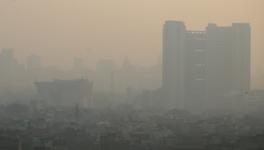In Photos: Life in Delhi’s Bhalswa Landfill
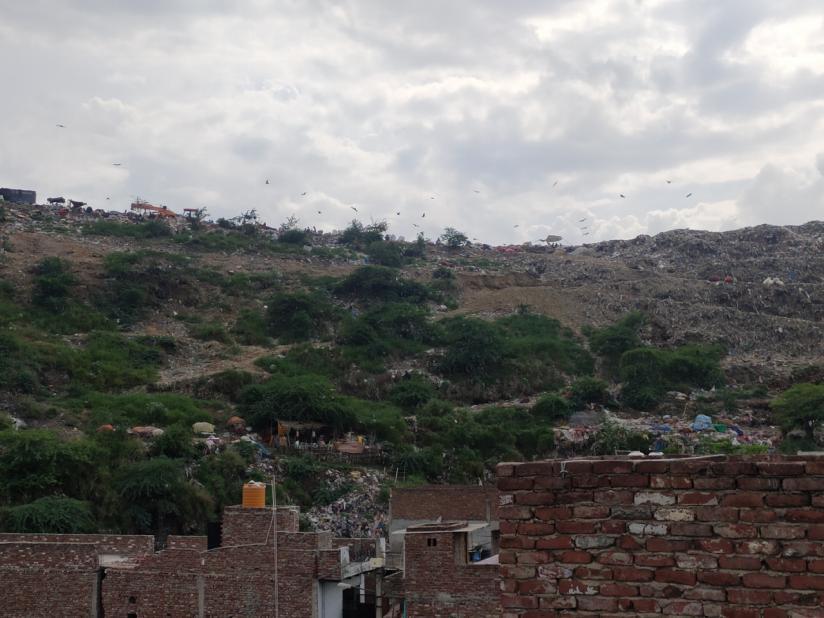
Delhi: Located in North West Delhi, the infamous Bhalswa landfill houses several families comprising the young and old. The sanitary landfill or 'khatta' as the residents of Bhalswa calls it, is peaking by the day. It is the storehouse of waste and garbage produced by the citizens of Delhi NCR. The vicinity surrounding the landfill is flooded with not just bugs, mosquitoes, wild birds, pigs, and dogs, but also discarded cartons, broken furniture, used footwear, and tonnes of scrap.
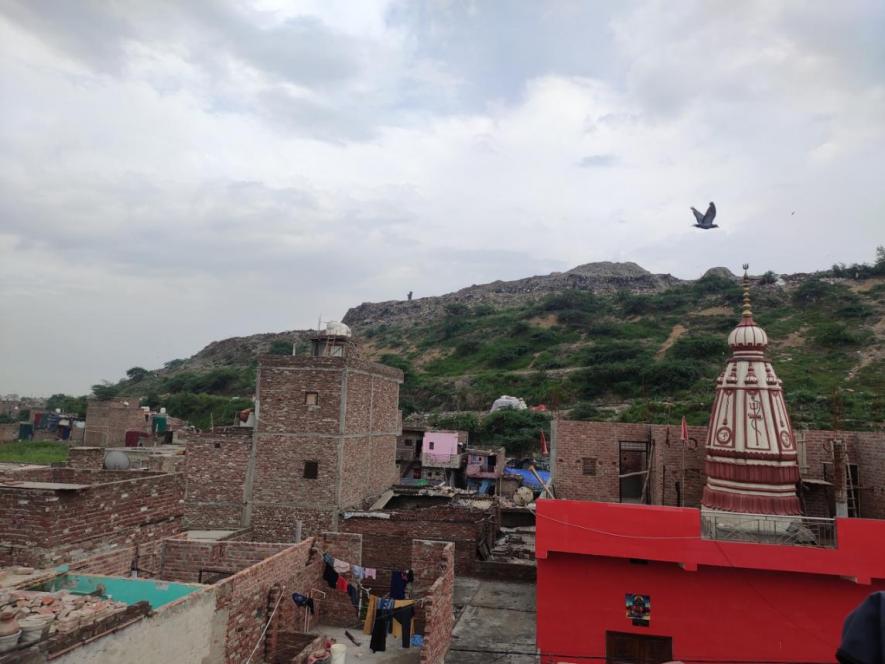
Living amid the landfill is an elderly man Bhagwan Singh who has stayed near the Bhalswa Dairy for more than 25 years. Disabled and unemployed, Singh mentioned how the youth of the place are left unmarried as "no family wants their daughter to get married and live around the landfill". He also said that no one comes to their rescue and no government or leader helps them.
Expressing how he is used to living in this insanitary condition, Singh pointed to a pile of footwear and added, "This might be useless waste and old products for you but it's no less than gold for us. It fetches us some money and helps us live".
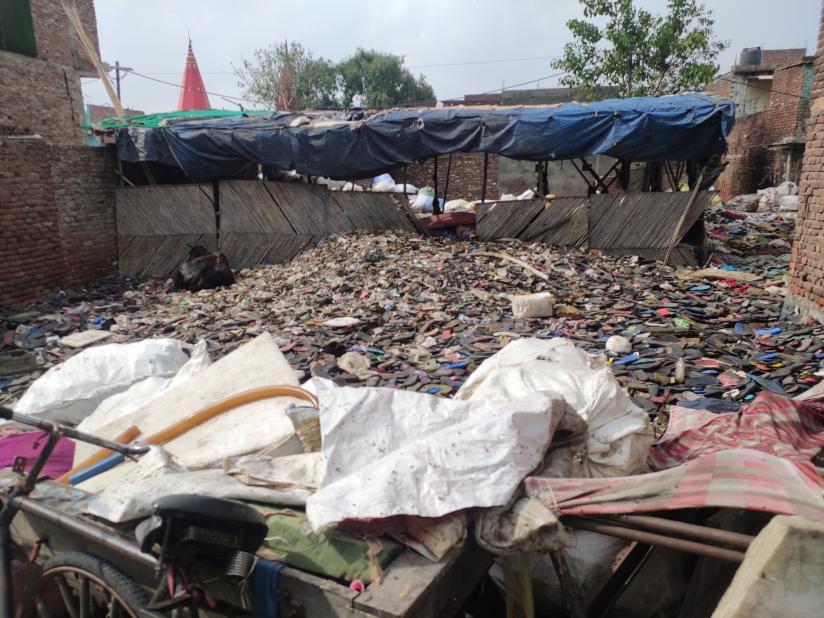
The path leading to the landfill is also filled with several blue cannons and containers that these residents use to carry water. It is a tell-tale sign of the water scarcity amid which the residents live.
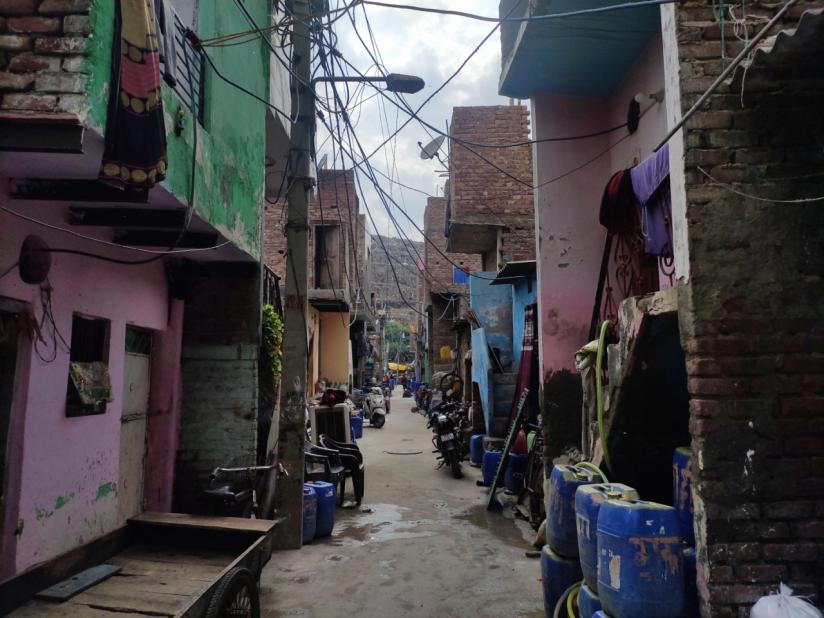
Neeta, who originally hails from Allahabad, came to Bhalswa landfill 16 years ago when she got married. Sharing the ordeals of living in a place that's surrounded by landfill, she said, "This area faces a lack of clean, usable piped water. We get no water in taps and our only source of water is via the Delhi Jal Board tanker. So, every morning, we have to walk till the end of the street and fill water in our containers.”
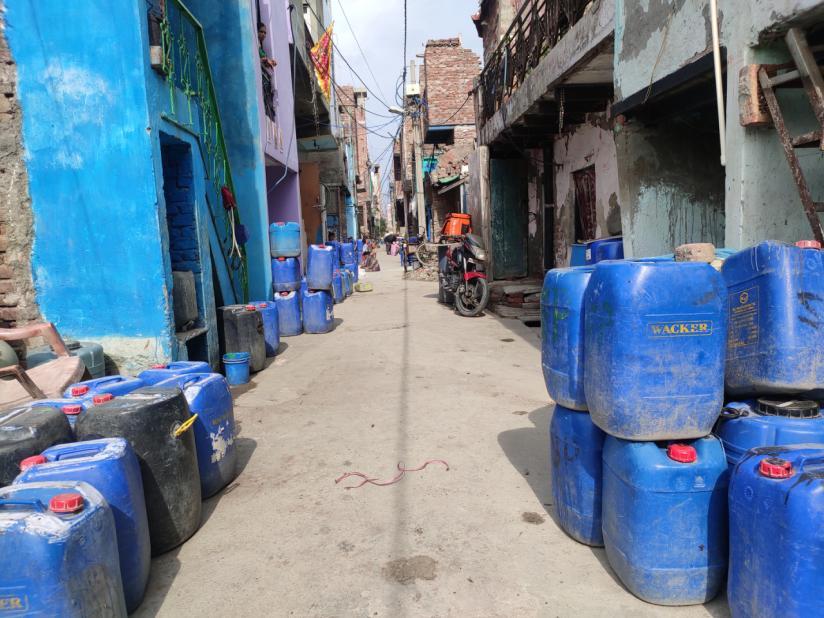
Neeta is one of the several women who were married to men belonging to Bhalswa in a discreet way. Sharing how she was not aware of the situation of her husband before their marriage, she said, "When I was getting married, I was excited to move to a big city like Delhi. It was like a dream to come and settle here since I belonged to a small village. But everything turned upside down when I came here.” Despite the filth and smell, Neeta continues to live there since it is her family that matters to her. She mentioned, "It is what it is. After all, it's about my family and husband so how can I leave them?"
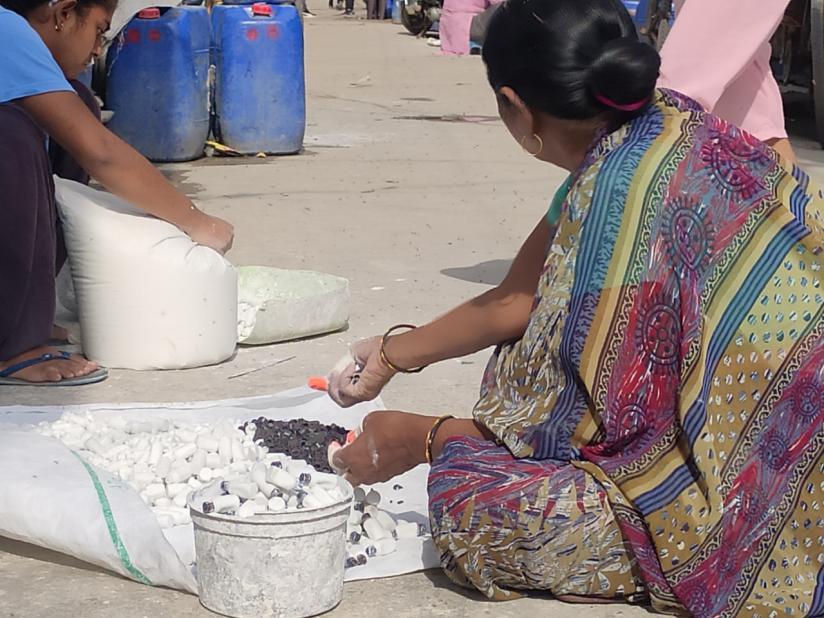
While most of the men residing in this area work and trade in scrap, the women sit outside their houses and fill 'chuna' or chewing tobacco paste in small plastic bottles which they later sell. Neeta and the women in her husband's family do the same and get paid as low as Rs 3.45 per 1 - 1.5 kgs of 'chuna' bottles.
Kamala, another woman who fills 'chuna' and sells it to traders, said, "This work doesn't fill our stomachs but we have kids and this is the only thing we can do to earn.”
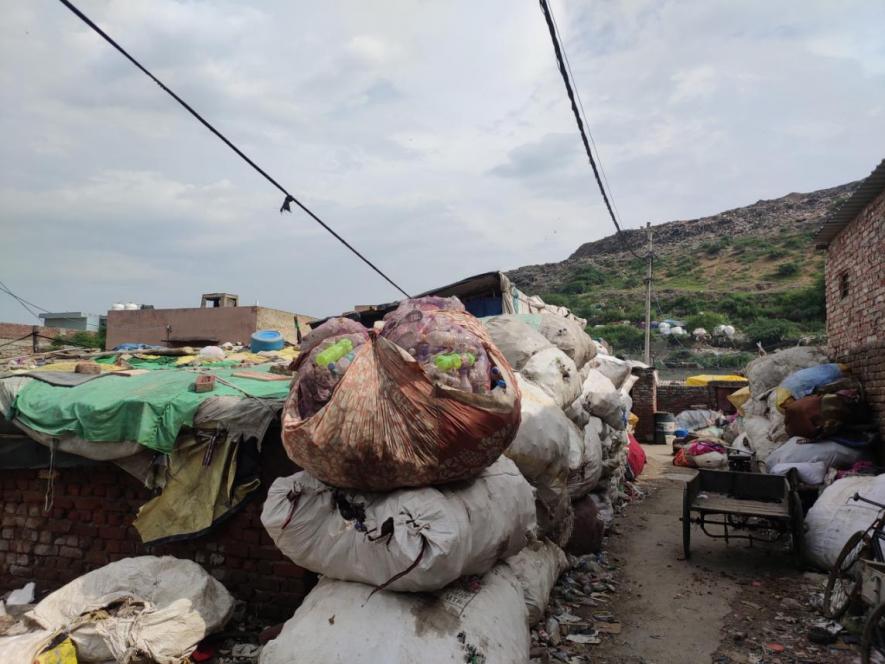
The residents of Bhalswa live in deplorable conditions where they struggle to make their ends meet. However, the people are still hopeful of getting uplifted in the future and having better living conditions.
Get the latest reports & analysis with people's perspective on Protests, movements & deep analytical videos, discussions of the current affairs in your Telegram app. Subscribe to NewsClick's Telegram channel & get Real-Time updates on stories, as they get published on our website.












